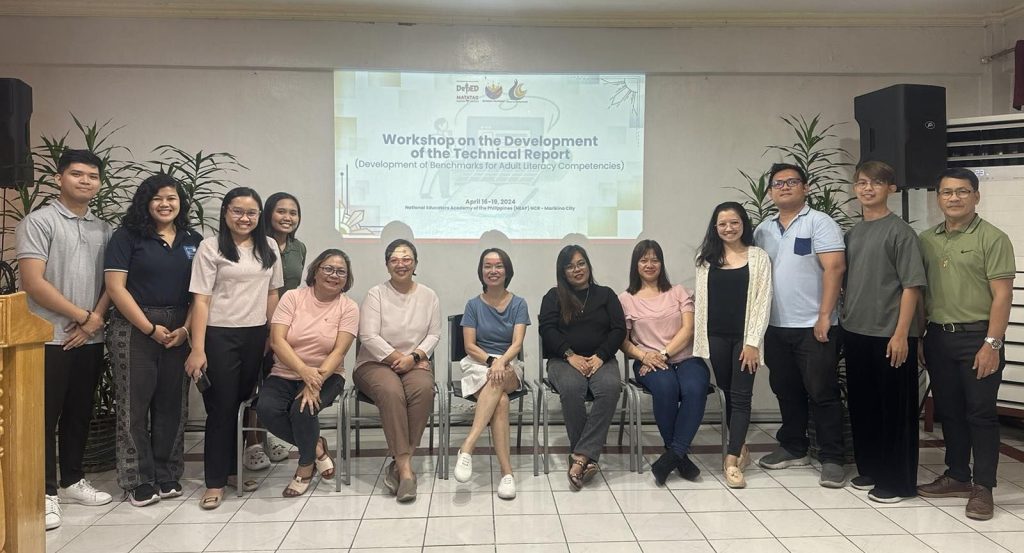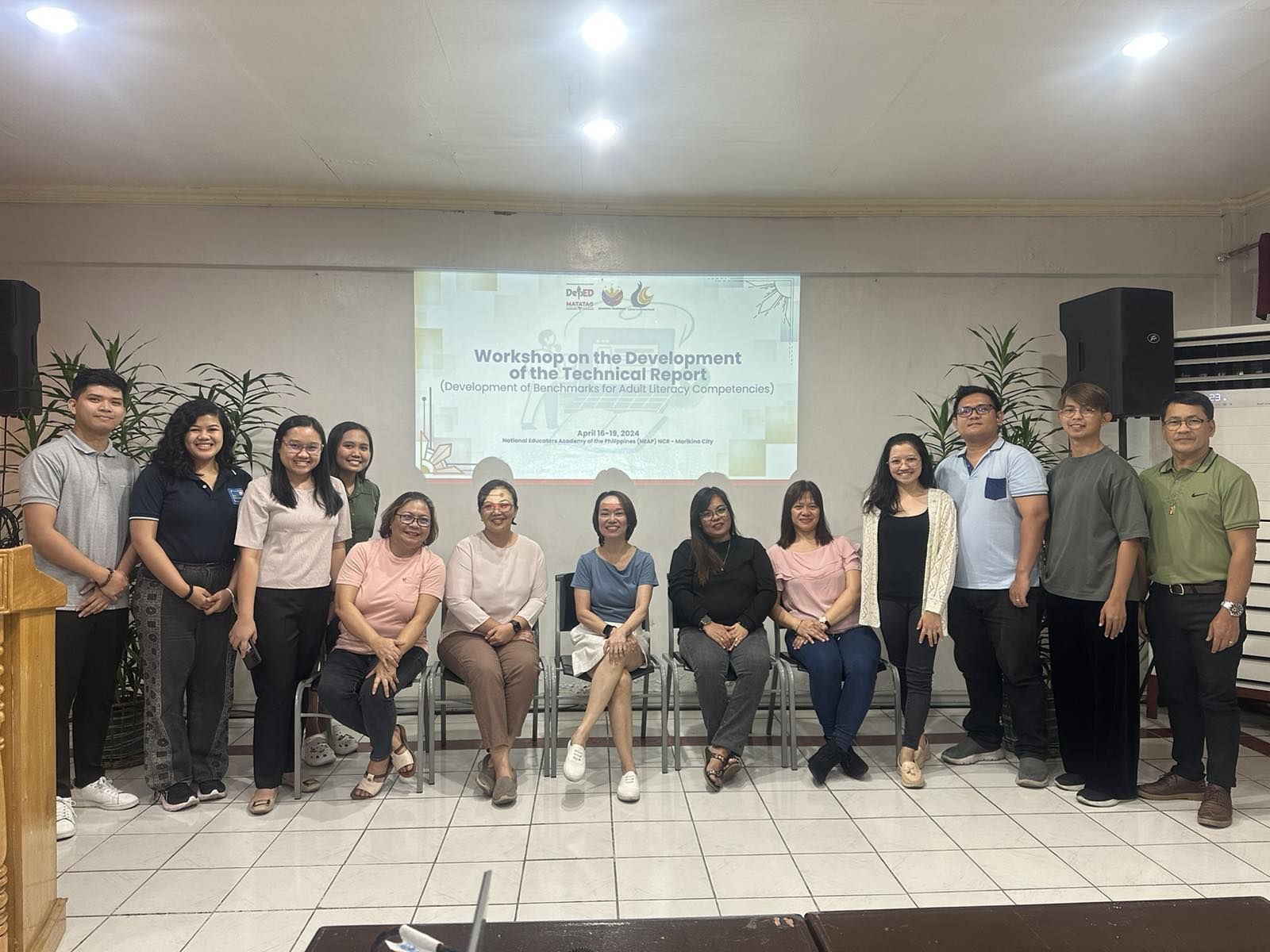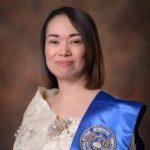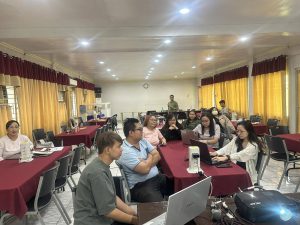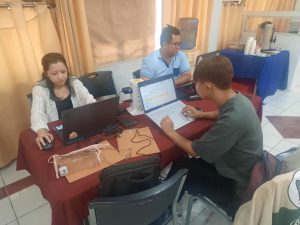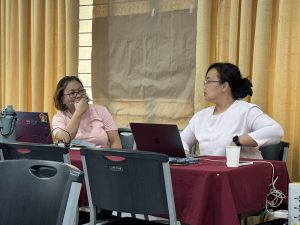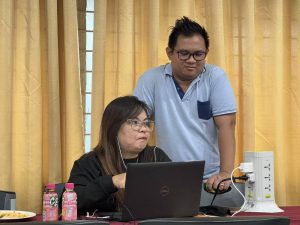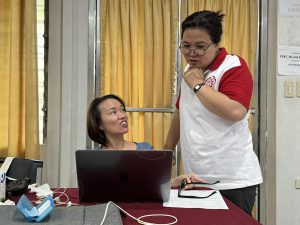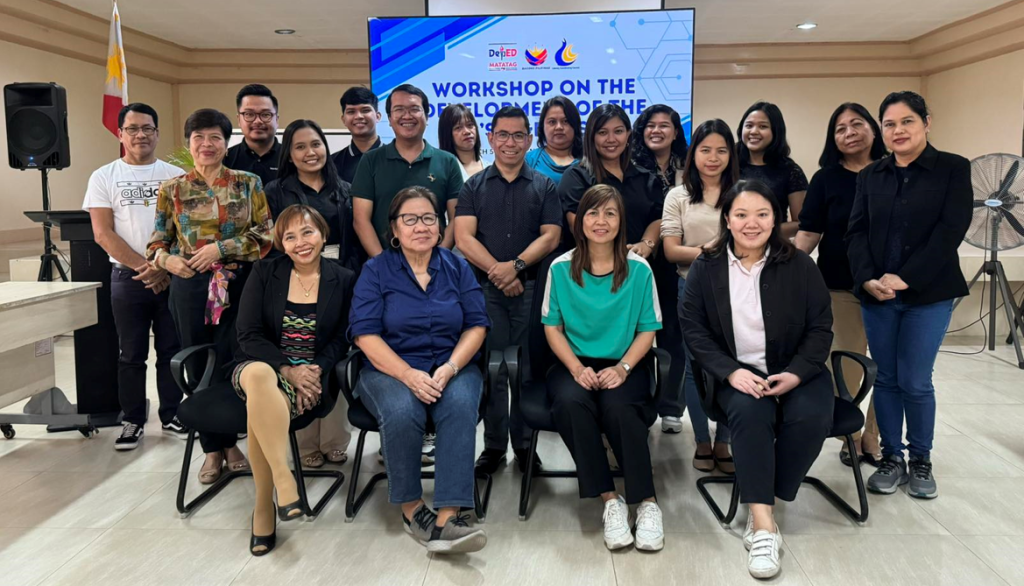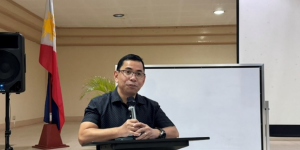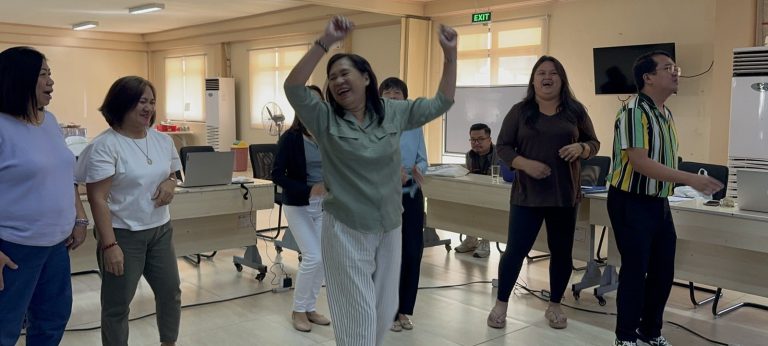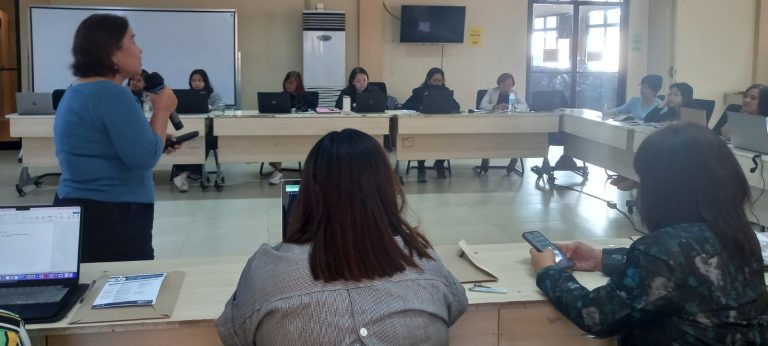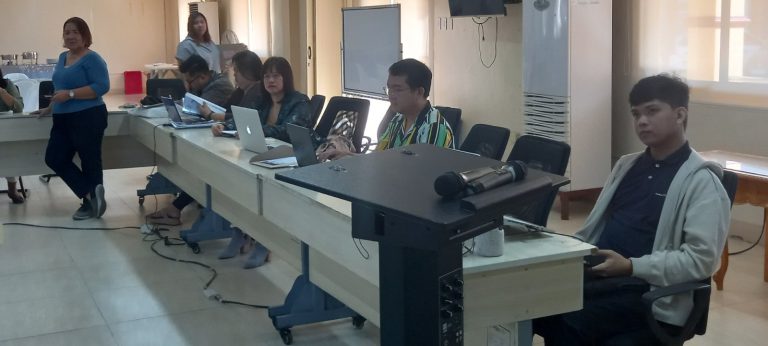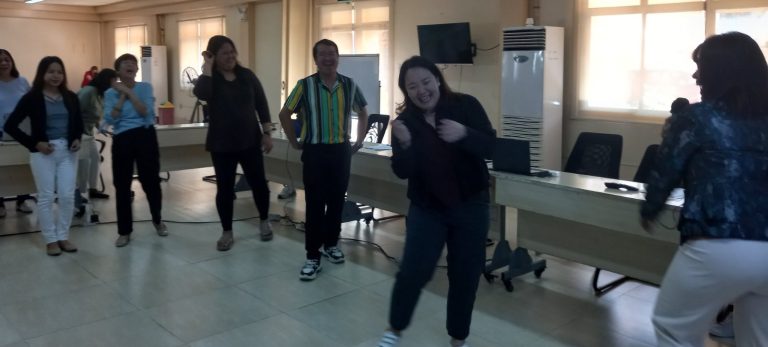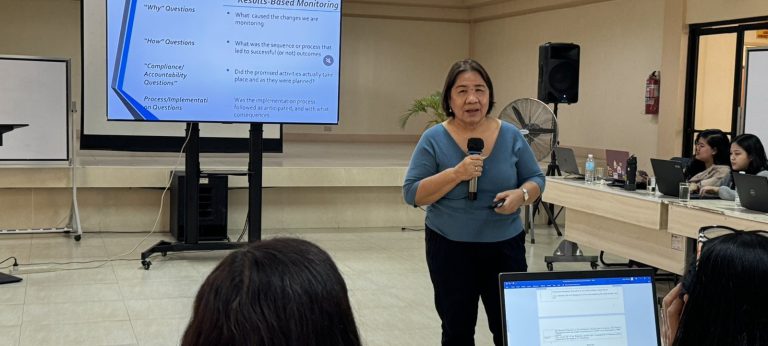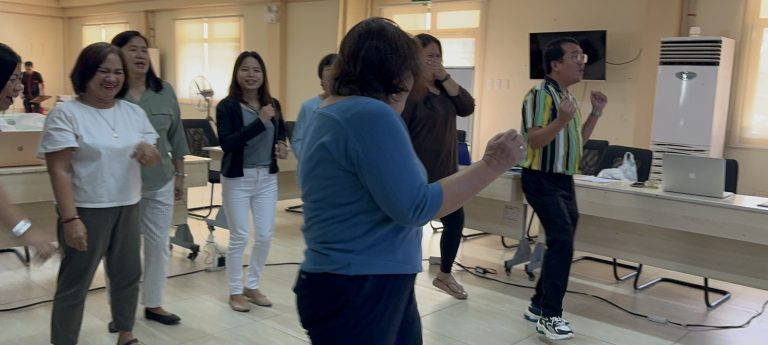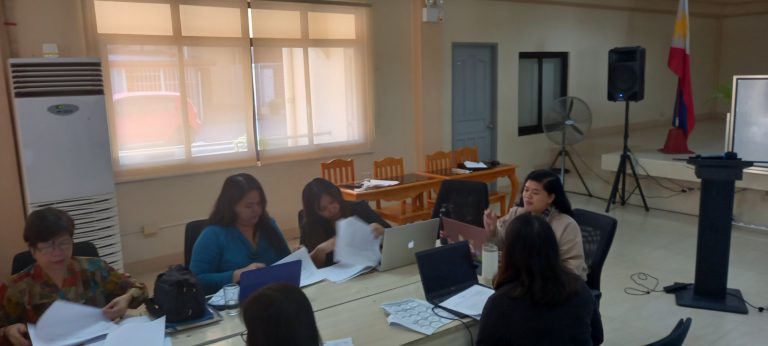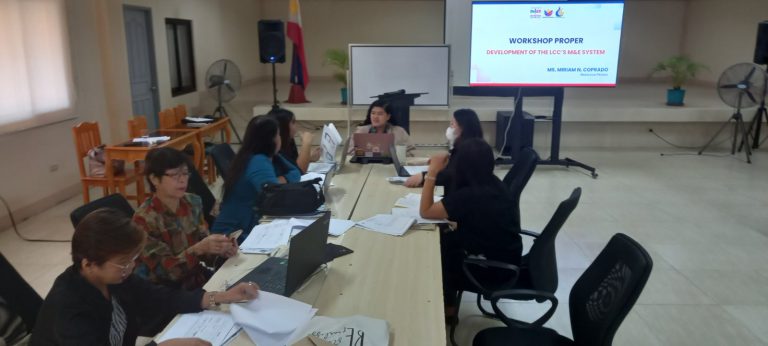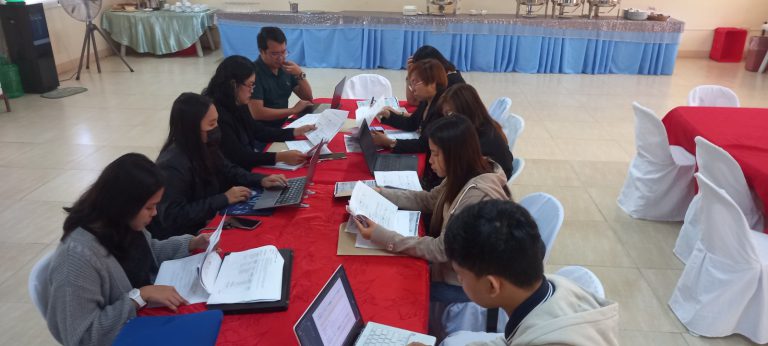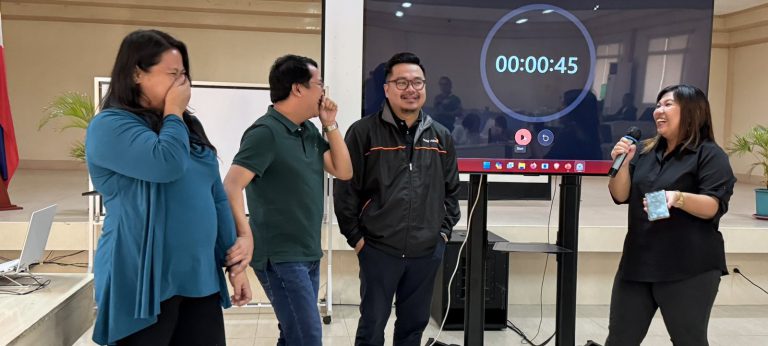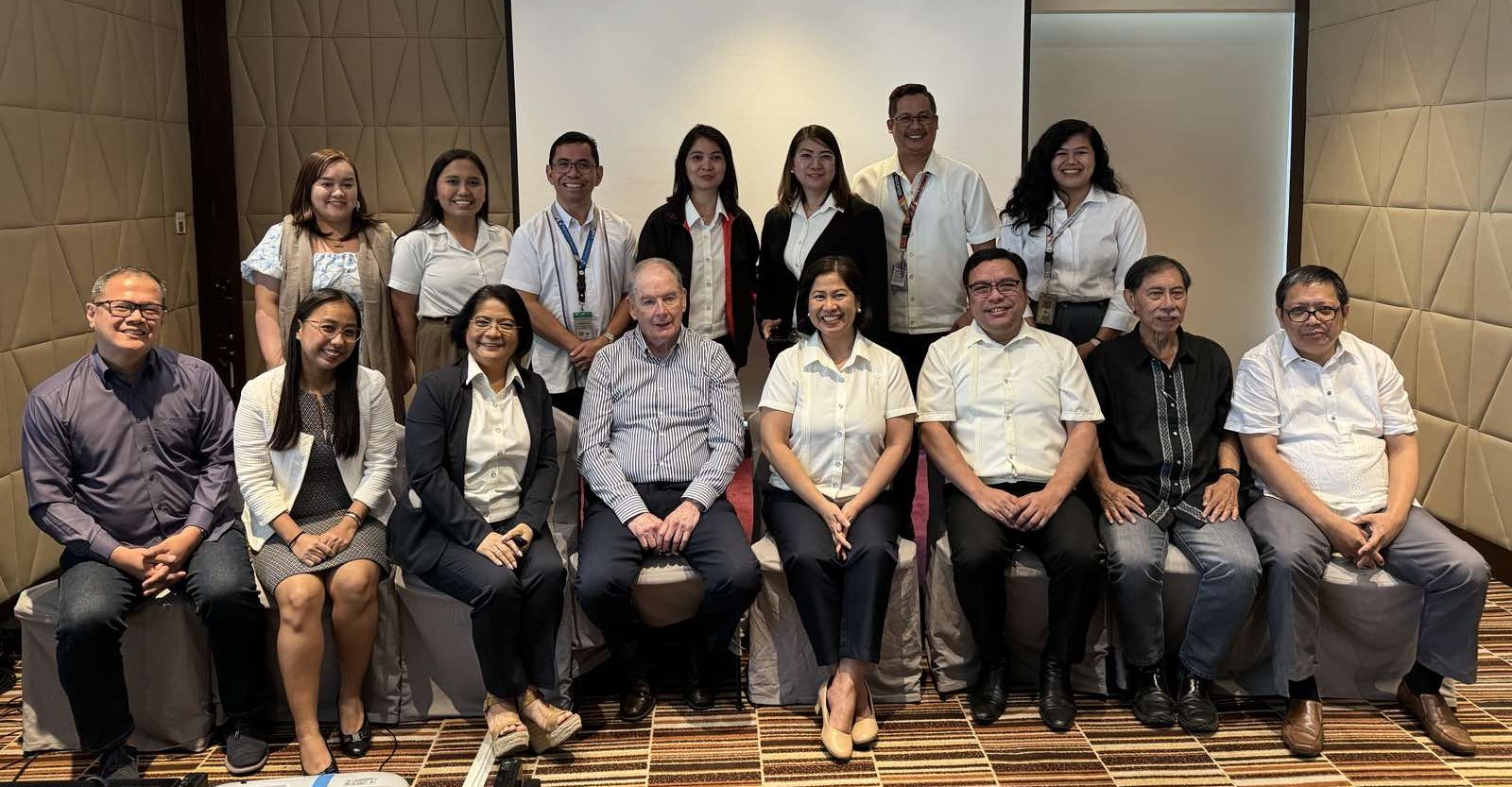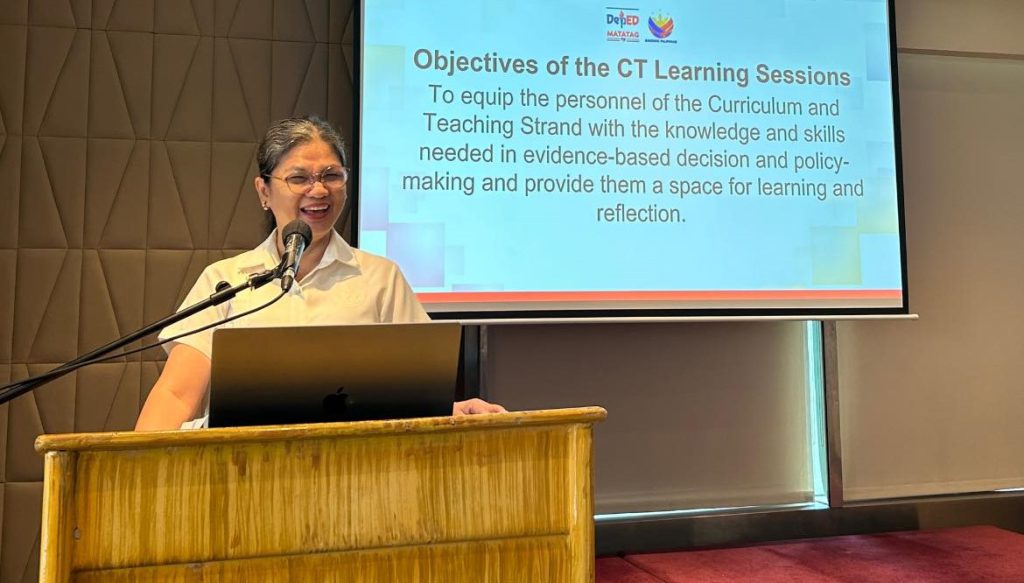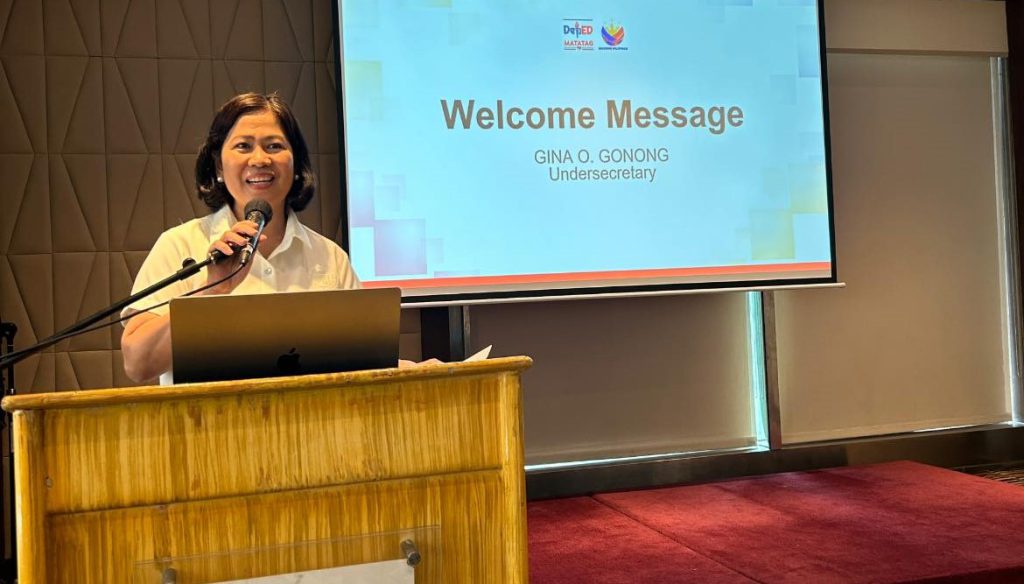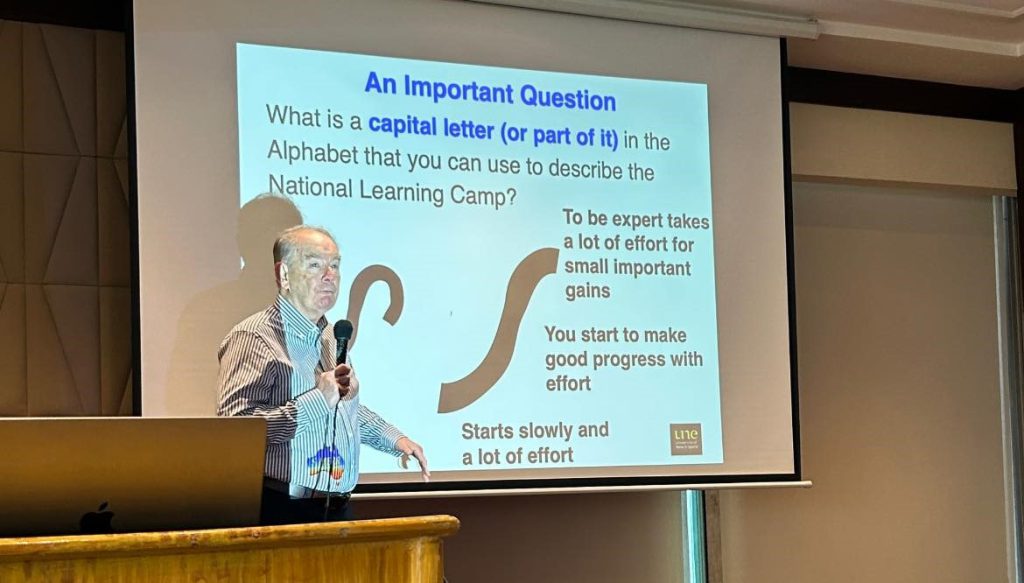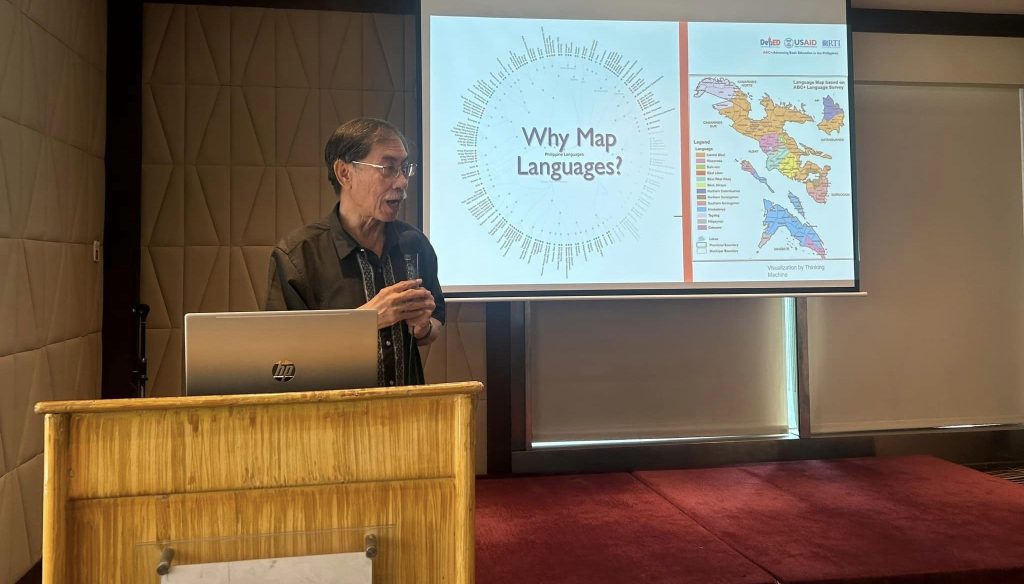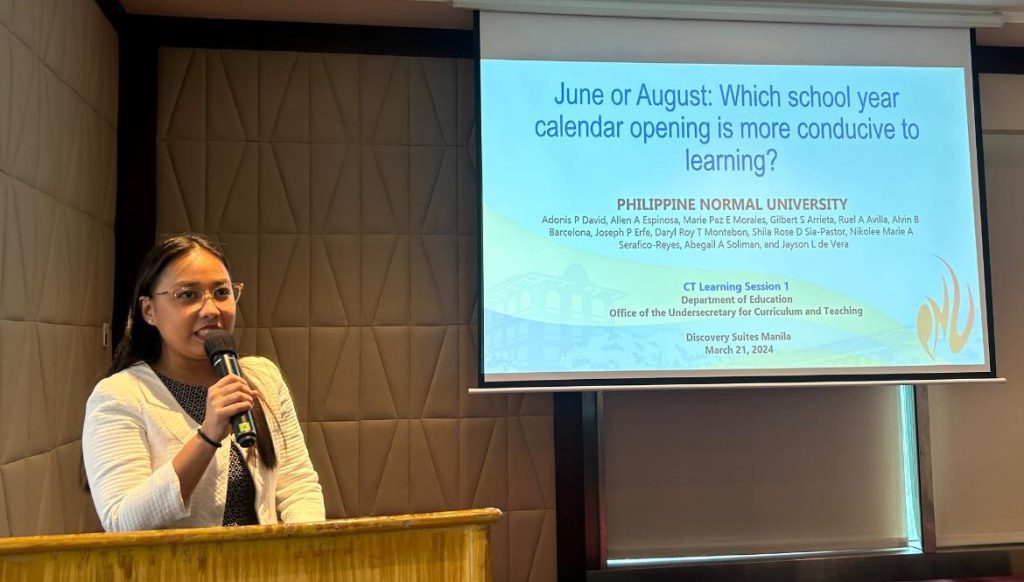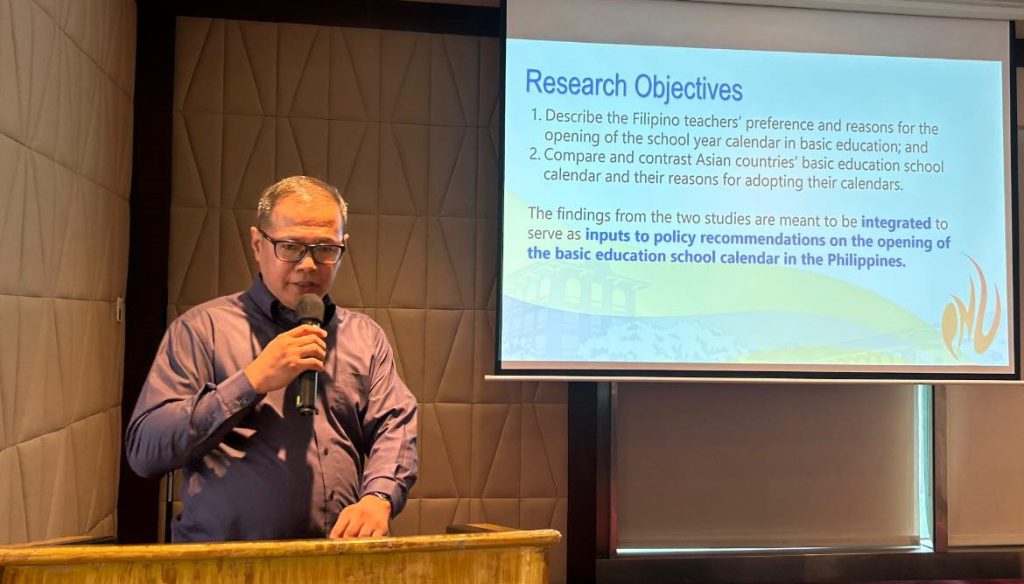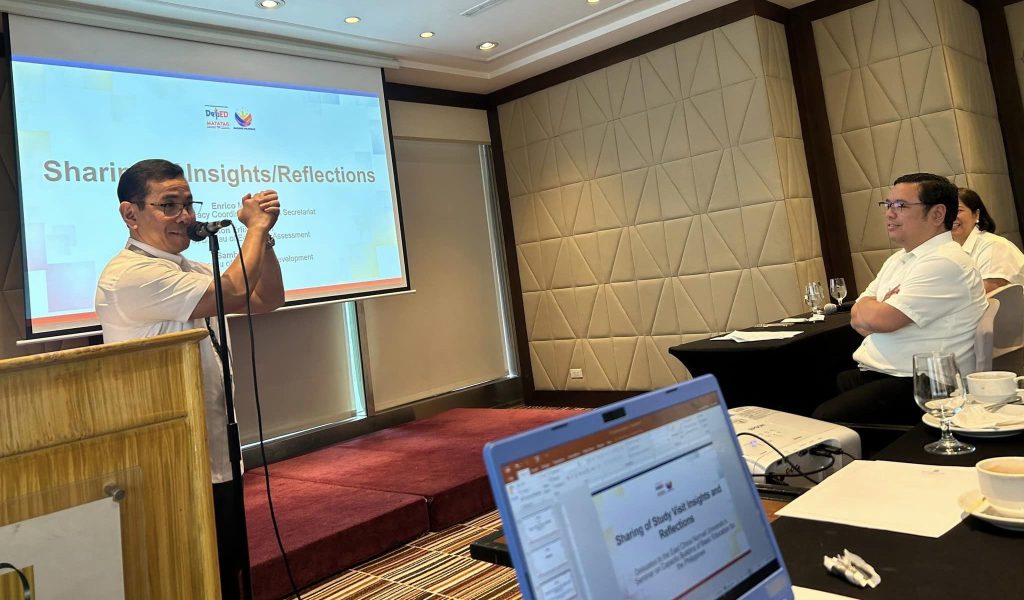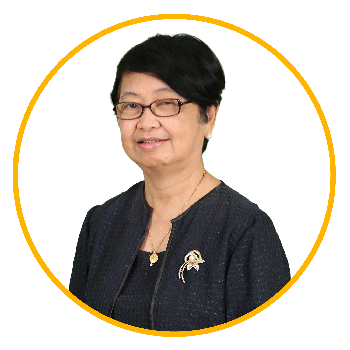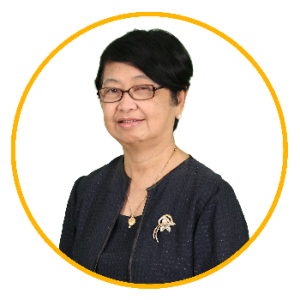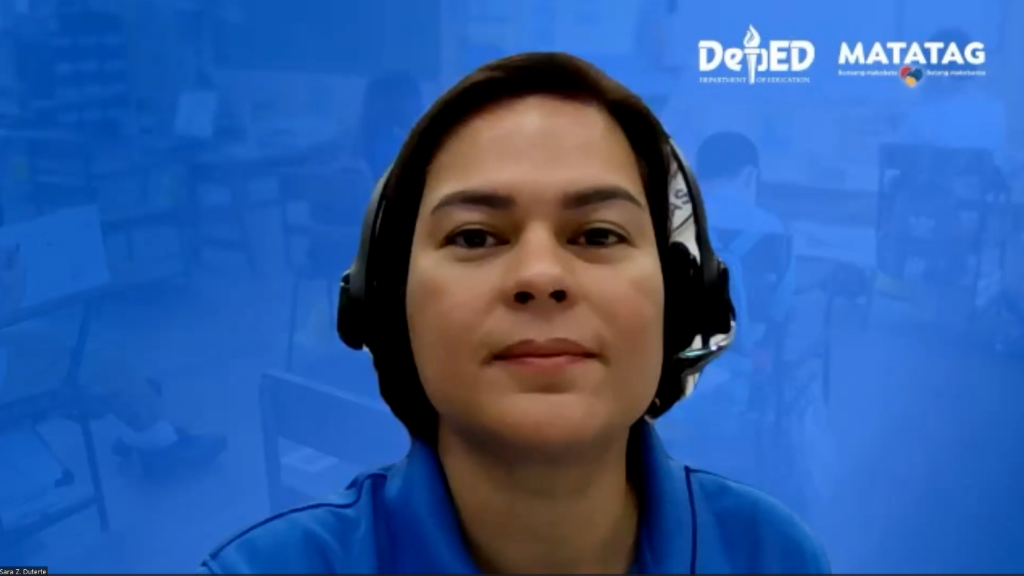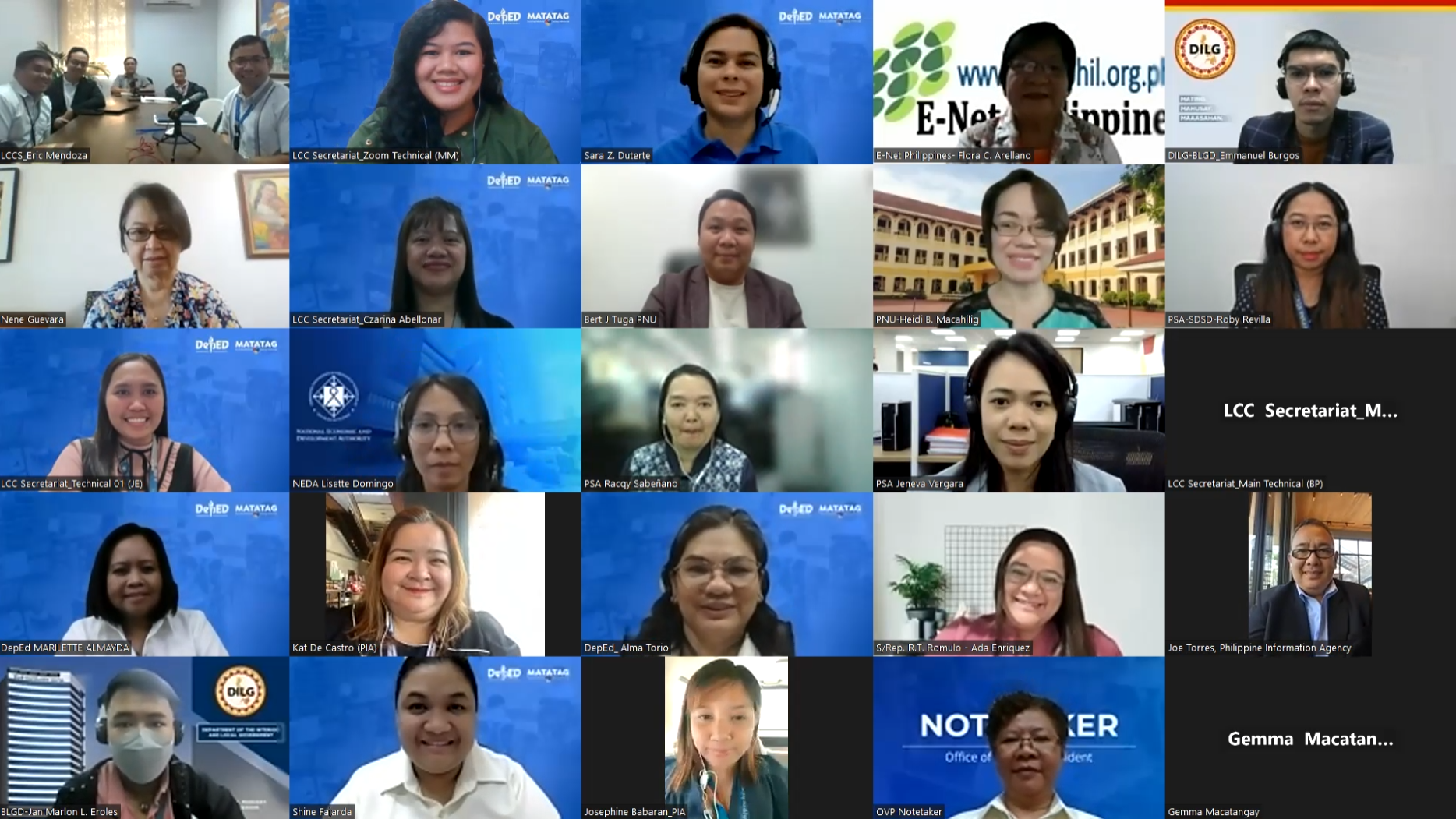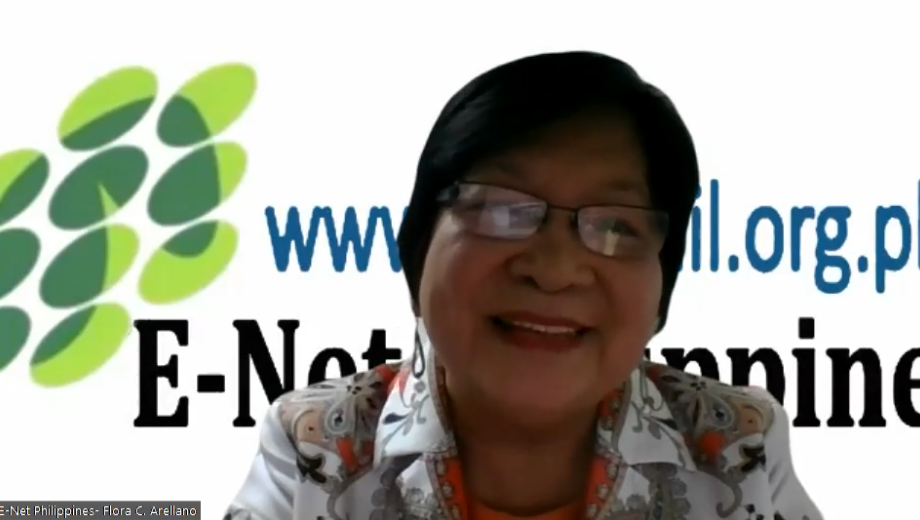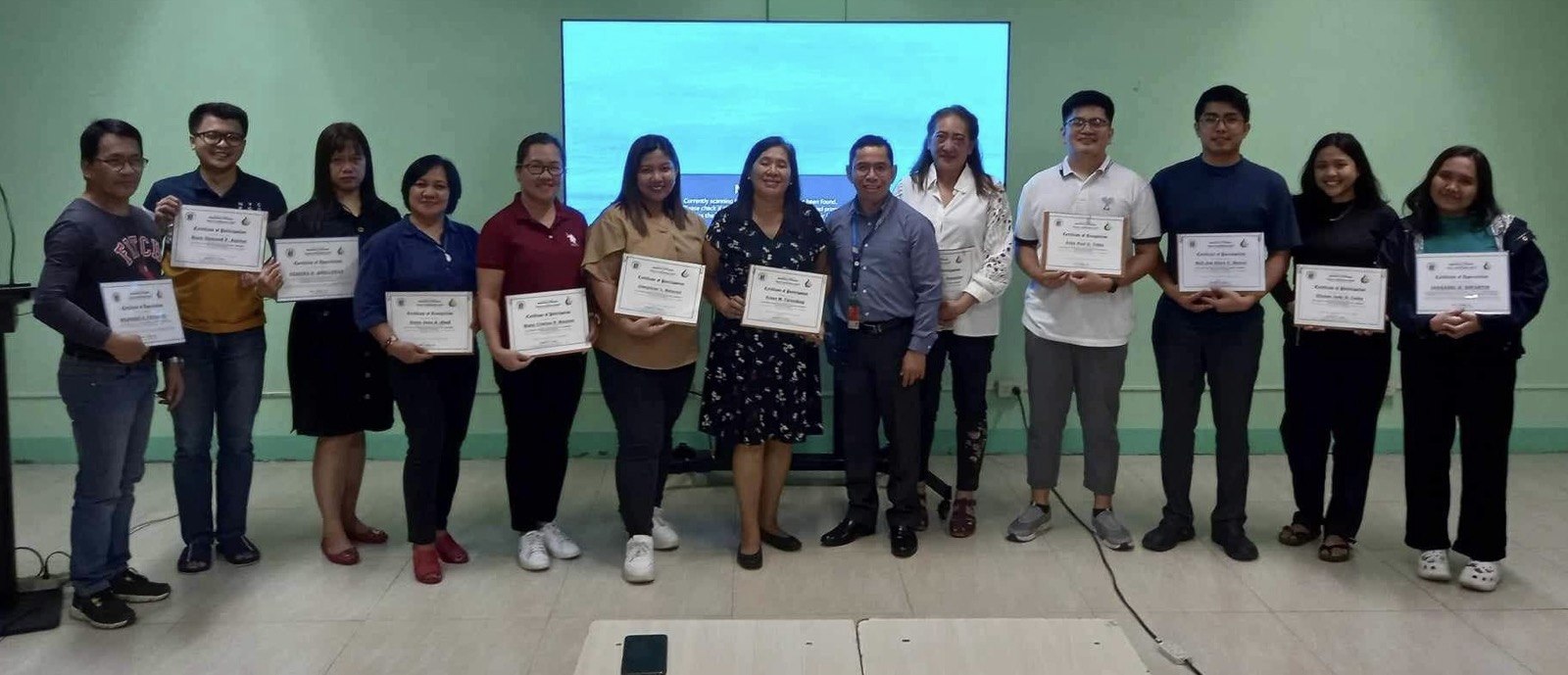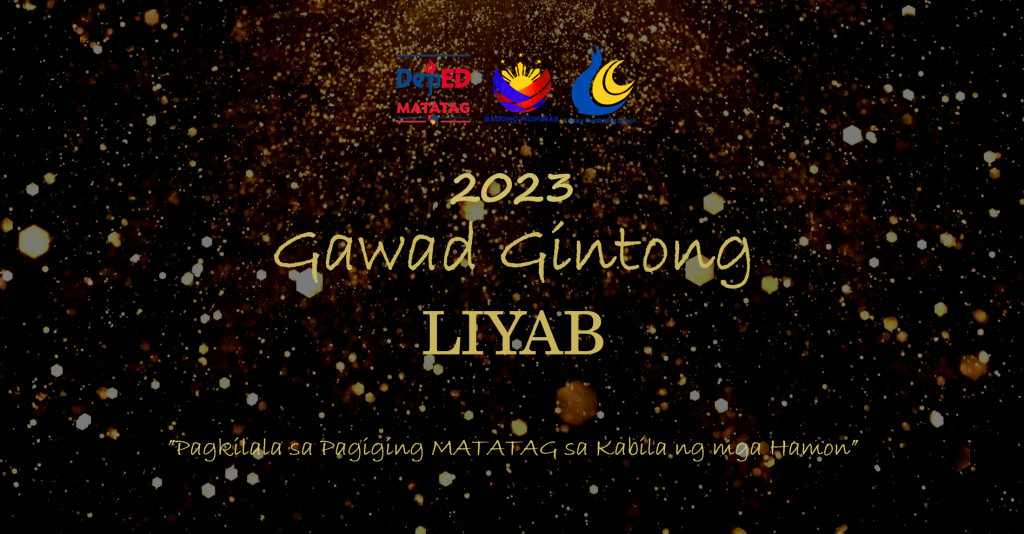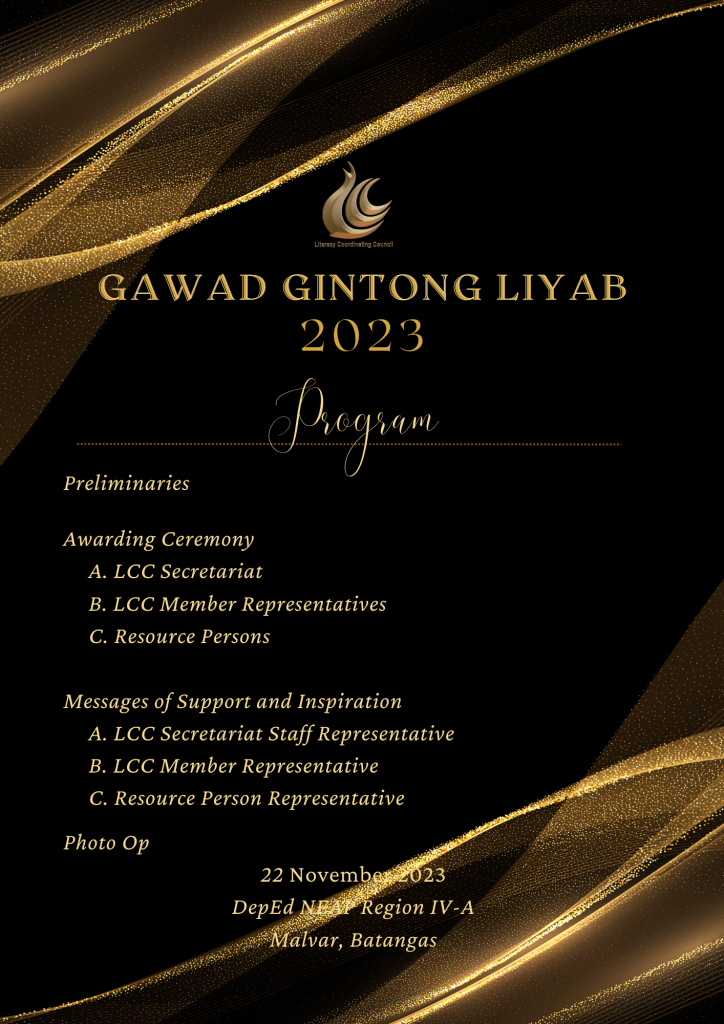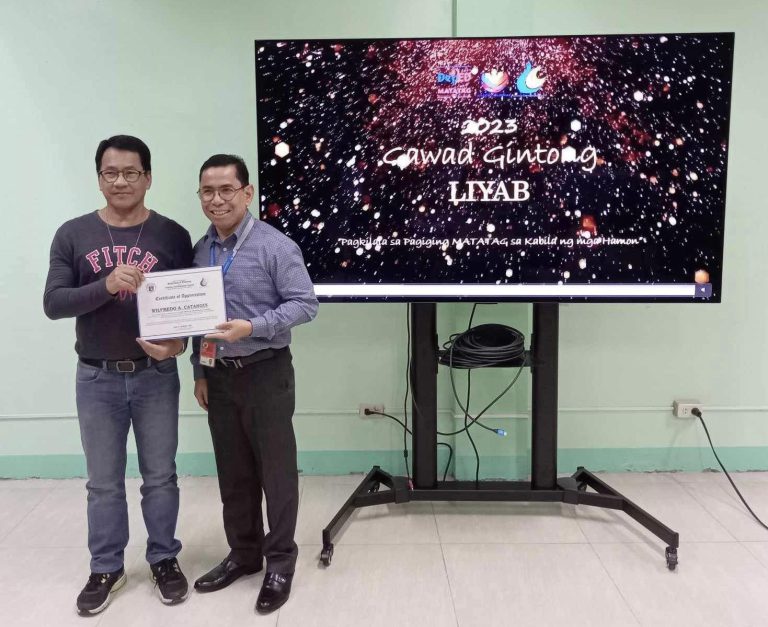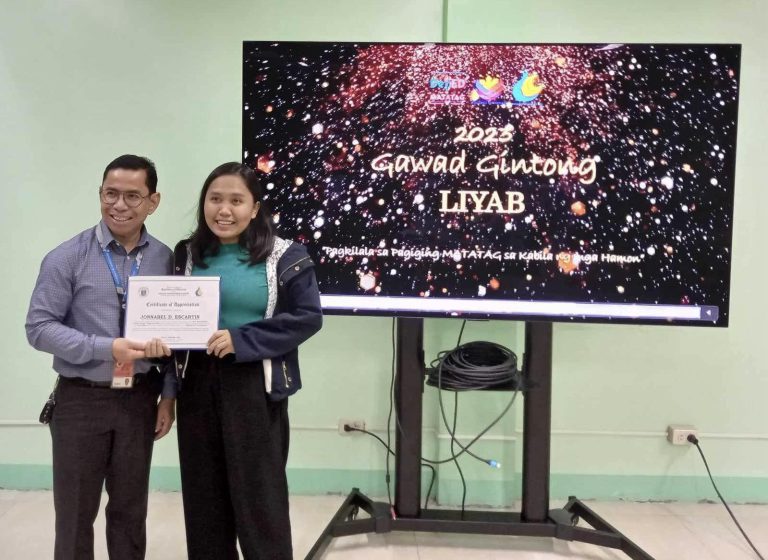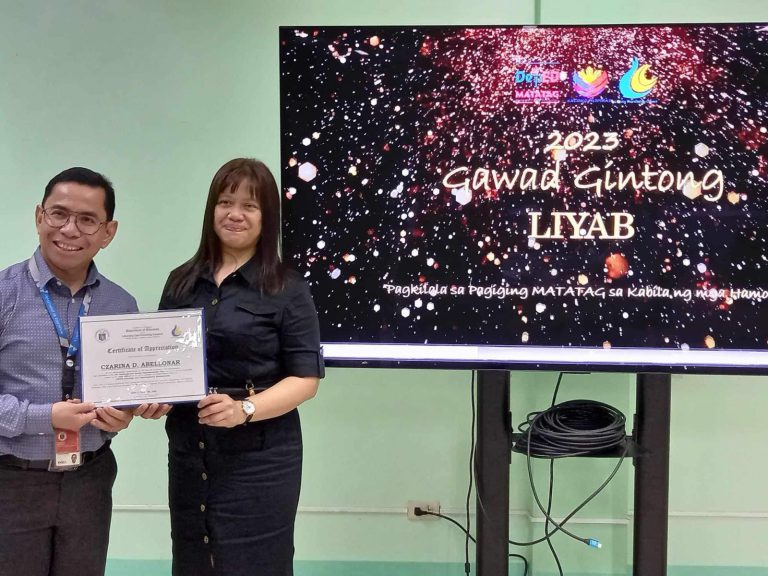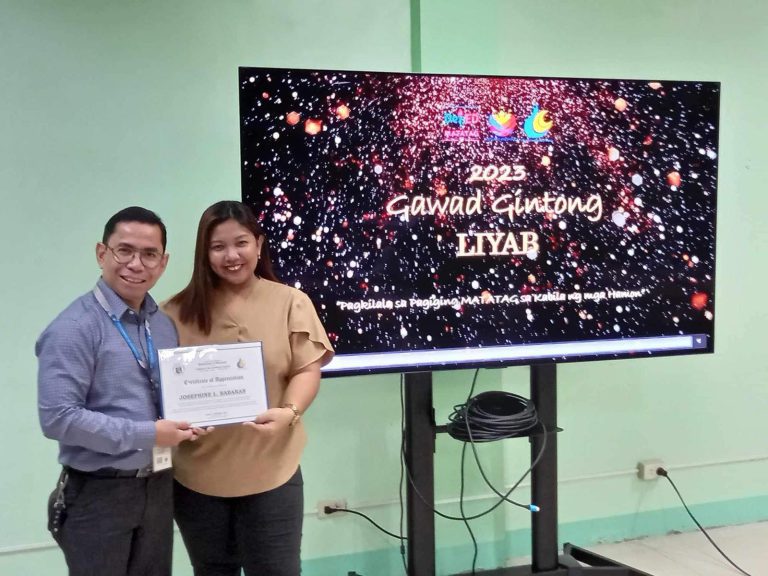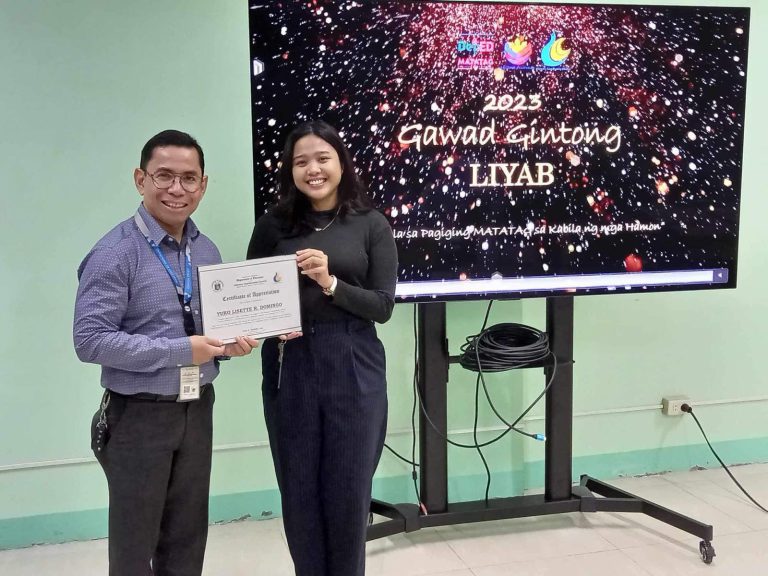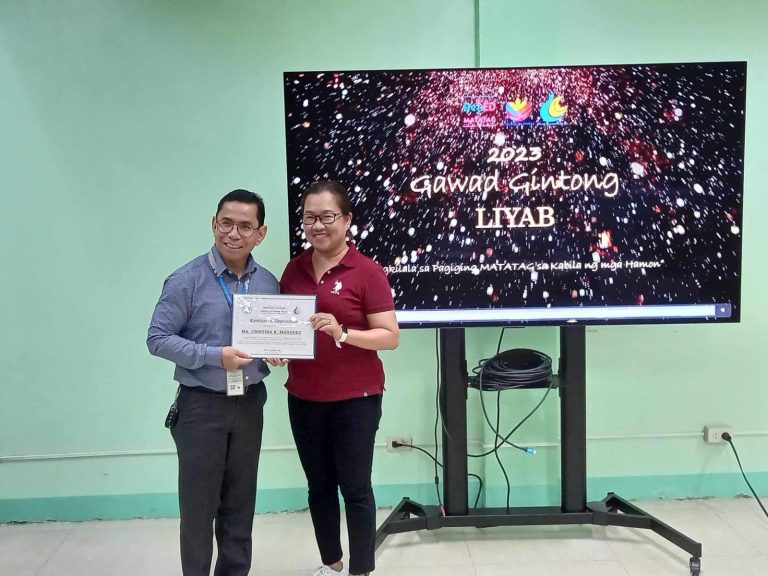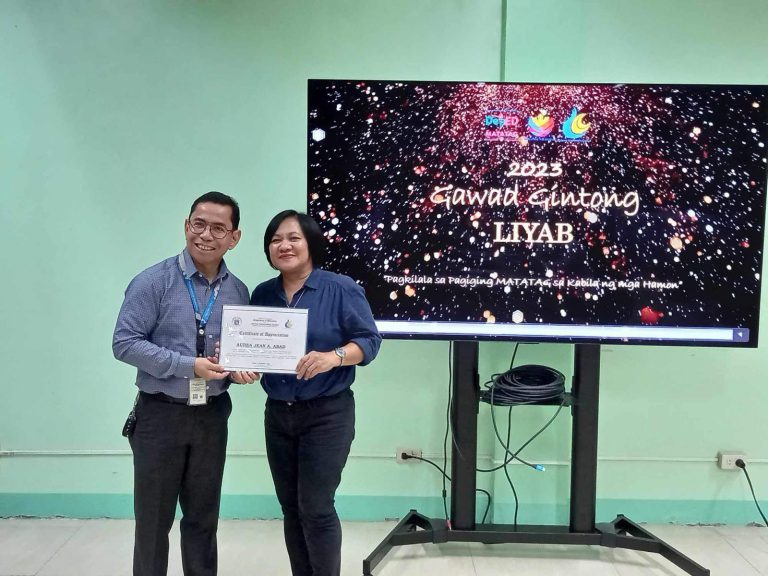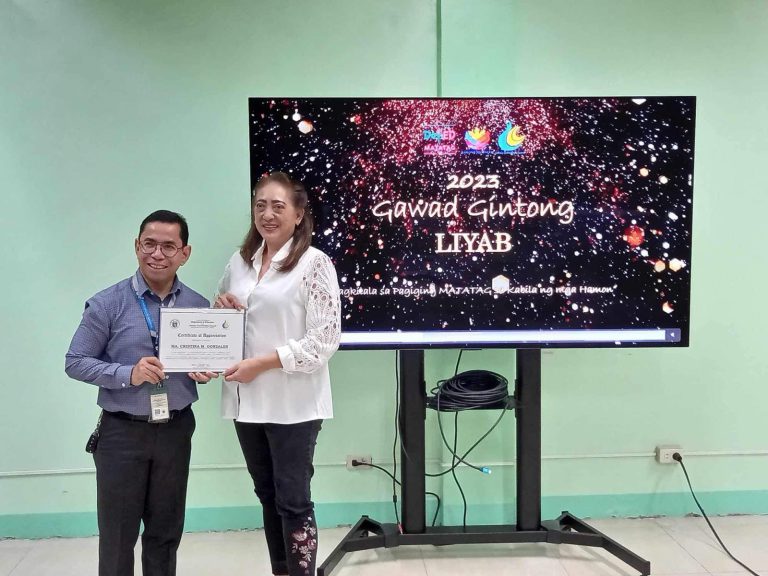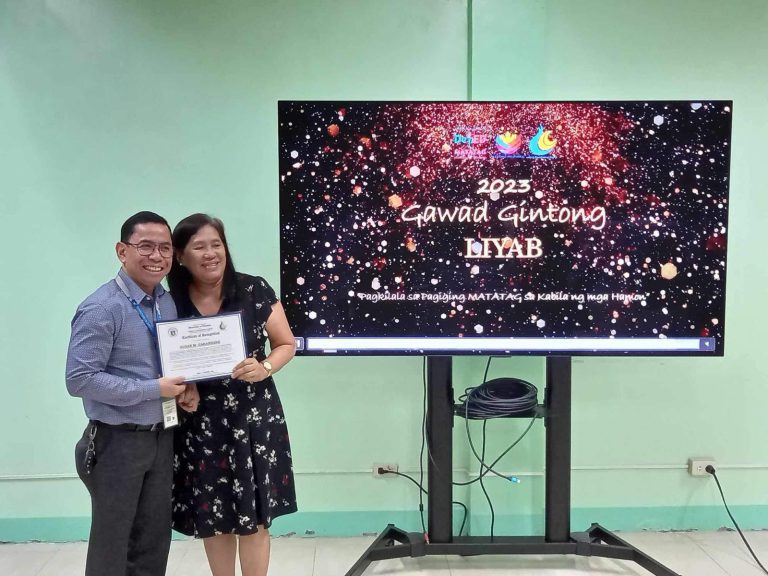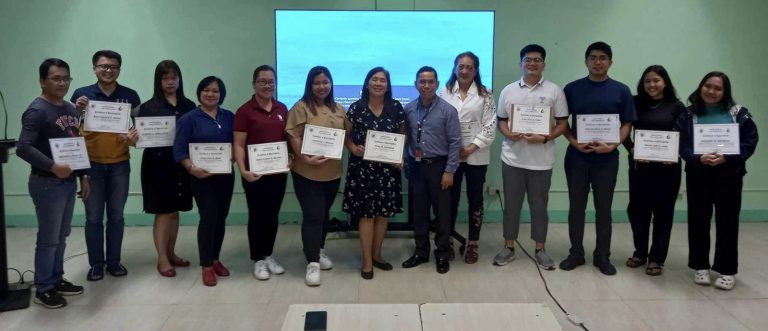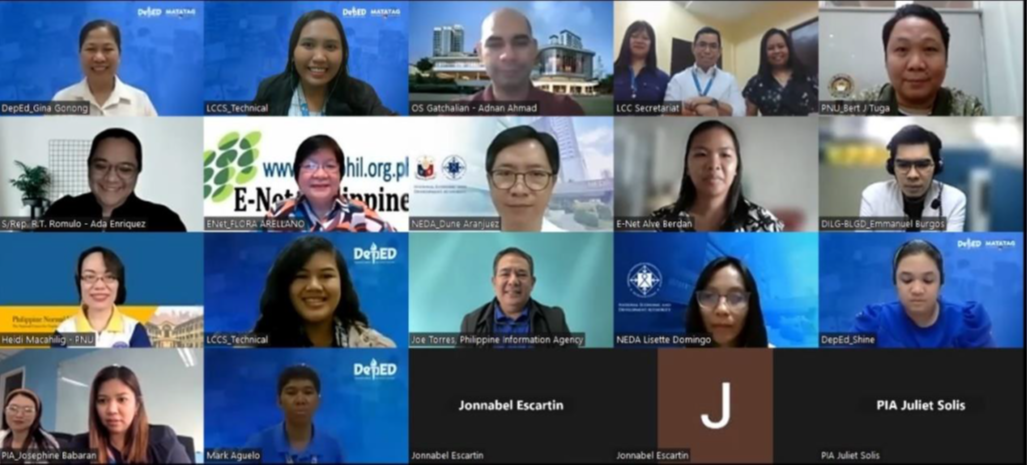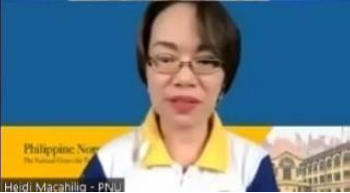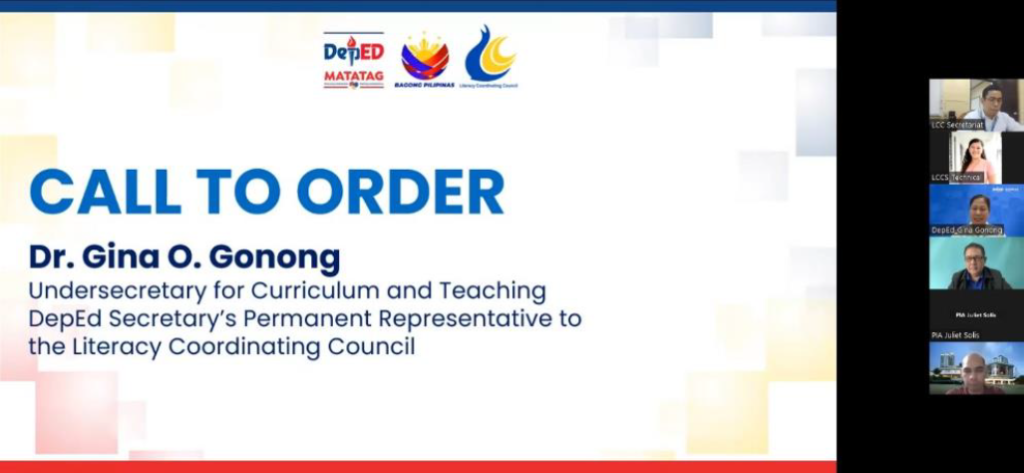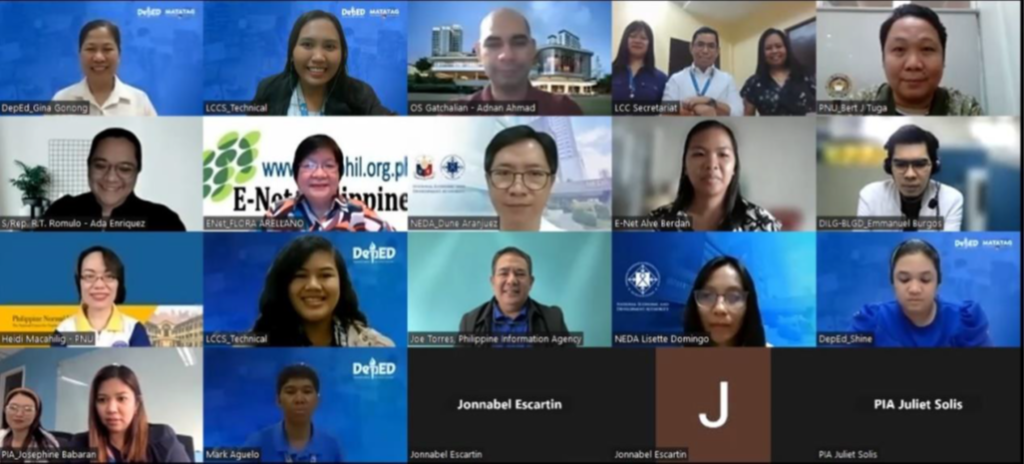The report on the pre and post-test assessments was delivered and the student ability scores, and question difficulty scores were also shared by Professor Pegg. The participants of the NLCA were more than 900,000 Grades 7,8,9 and 50,000 teachers. Professor Pegg used the Rasch Modelling Statistical Technique for the students’ pre and post-test analysis, a process applied for large-scale analysis. He also highlighted the main insights from the said analysis:
- Pedagogical Innovation- Adoption of the Science of Learning Framework illustrated a progressive approach to education
- Collaborative Culture- Sharing of best practices and peer-to-peer support
- Engagement and Variety- Feedback concerned the engaging and diverse lesson activities indicating that the program can engage student’s interests
- Curriculum Integration- Camp offers opportunities to integrate innovative teaching and learning methods
- Educational Equity- By focusing on key skills and understanding previously encountered in the curriculum, the program had the potential to address educational disparities
- Professional Development
In a nutshell, the results of the pre and post-assessments show that 1 year of teaching is equivalent to 3 months of learning, therefore the problem with curriculum and teaching needs to be addressed. Teachers must work smart and gain collaborative expertise which means that they need to support each other. As per the recommendations, he enumerated the salient points such as: 1) extend the National Learning Camp; 2) support schools with poor internet; 3) integrate evidence-based effective teaching and leadership into learning; 4) uniform data collection and training; 5) provide feedback and computing power; 6) analyze socio-economic factors in National Learning Camp; 7) build Data Science expertise; 8) establish data insights group; and 9) maximize National Learning Camp Database for Informed Decision-Making.
The next session focused on “Language Mapping and Assessment in Region VIII” and was discussed by Dr. Ricardo Ma. Nolasco and Mr. Antonio Igcalinos of ABC+ Research Team funded by USAID. To improve literacies, it is a vital step to map languages. The research was conducted in Cebu area in Region 7. The reasons why language mapping is significant are as follows:
- To determine the language that should be used for instruction within the school community per geographic area;
- To inform teacher placement for teacher-student language match;
- To identify the gaps in available teaching and learning materials;
- To produce local data and evidence for decision-making; and
- To provide Early Grade Level (EGL) programming with better tools to generate local data and evidence to make investments in EGL work.
The 3rd Session tackled the research conducted by Dr. Nikolee Marie-Serafico-Reyes from the Philippine Normal University, the title of which is “June or August: Which School Year Calendar Opening Is More Conducive to Learning?” 1,096 teachers participated in the said research and 85.9% of them prefer school year to start in June due to the following factors: 1) climate and weather considerations and health for students; 2) the results of the qualitative data analysis showed that the teacher- respondents’ reasons preference were family, health, and vacation; 3) comparative analysis with ASEAN countries; and 4) South East Asian countries with shorter and almost the same number of school calendar days as Philippines performed exceptionally. As a result, she recommended June as the opening of the school year while for internationalization purposes, the SEA countries’ model whereby the start of the fiscal year is also the opening of the school year, may also be considered. She concluded that there must be at least 2-3 years of gradual transition for this shift, shorter breaks, shorter current or next school days, and a law that may supersede RA 7797.
After that, Dr. Dorothy Tarol and Ms. Ria Cereno from the DepEd Bureau of Learning Delivery conducted a lecture for Basic Filipino Sign Language Session 1. Under RA 11106, Filipino Sign Language is supposed to be used as a medium for deaf learners. She taught the participants the actual handshape, palm orientation, location, movement, and non-manual signals. The participants enjoyed the lively lecture of Dr. Tarol.
The final segment of the learning session was facilitated by the delegates from the East China Normal University’s Seminar on Capacity Building of Basic Education for the Philippines led by Dr. Edward Jimenez. The said seminar was spearheaded by the Ministry of Commerce, Republic of China and International Council for Teacher Education, Faculty of Education, East China Normal University (ECNU) last October 23 to November 7, 2023. 2 DepEd Directors and 12 Specialists participated in the said study visit. Dr. Jimenez echoed China’s poverty alleviation program, education policy and strategies, Teacher Professional Development (TPD), inclusive education, and educational planning among many others. The salient insights particularly on ‘Curriculum’ include strengthening curriculum development research and data gathering as leverage for curriculum enhancement and examining the ‘strides and slides’ of the Philippine basic education as regards curriculum intent and content which is quite strategic in the upcoming implementation of the new curriculum. In light of his rich discussion, the Philippine delegate team came up with the consolidated recommendations:
- Maintain if not strengthen the humanistic paradigm as the basis of the Philippine educational development for this is the way of the future.
- Revisit, re-examine, or recalibrate the education plans (short term e.three years) medium term i.e. five years, and long term i.e. ten to fifteen years) to strategically position or reposition the Philippine Basic Education.
- Work towards creating a stronger and more effective education system that equips its learners for the challenges of the 21stcentury through continuous collaboration, thoughtful research, and adaptation.
- Ensure that the true essence of inclusion of learners with disabilities (LWDs) is intensified in regular schools rather than mere integration which is a shallow attempt at inclusivity.
- Basic education may adopt two educational pathways depending on the academic achievements and interests of the students.
- Life-long learning/education shall be strengthened and shall cut across basic education to higher education.
